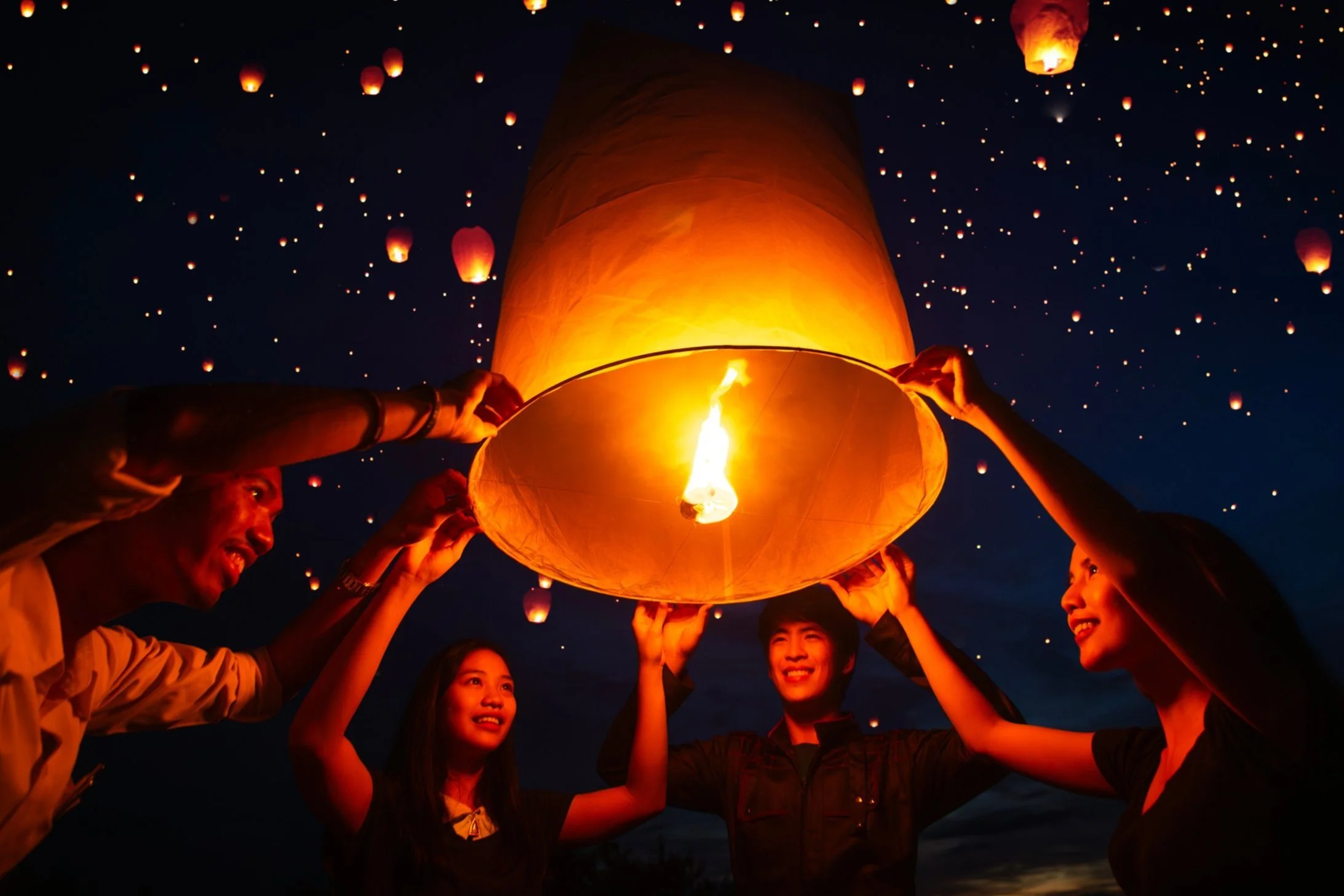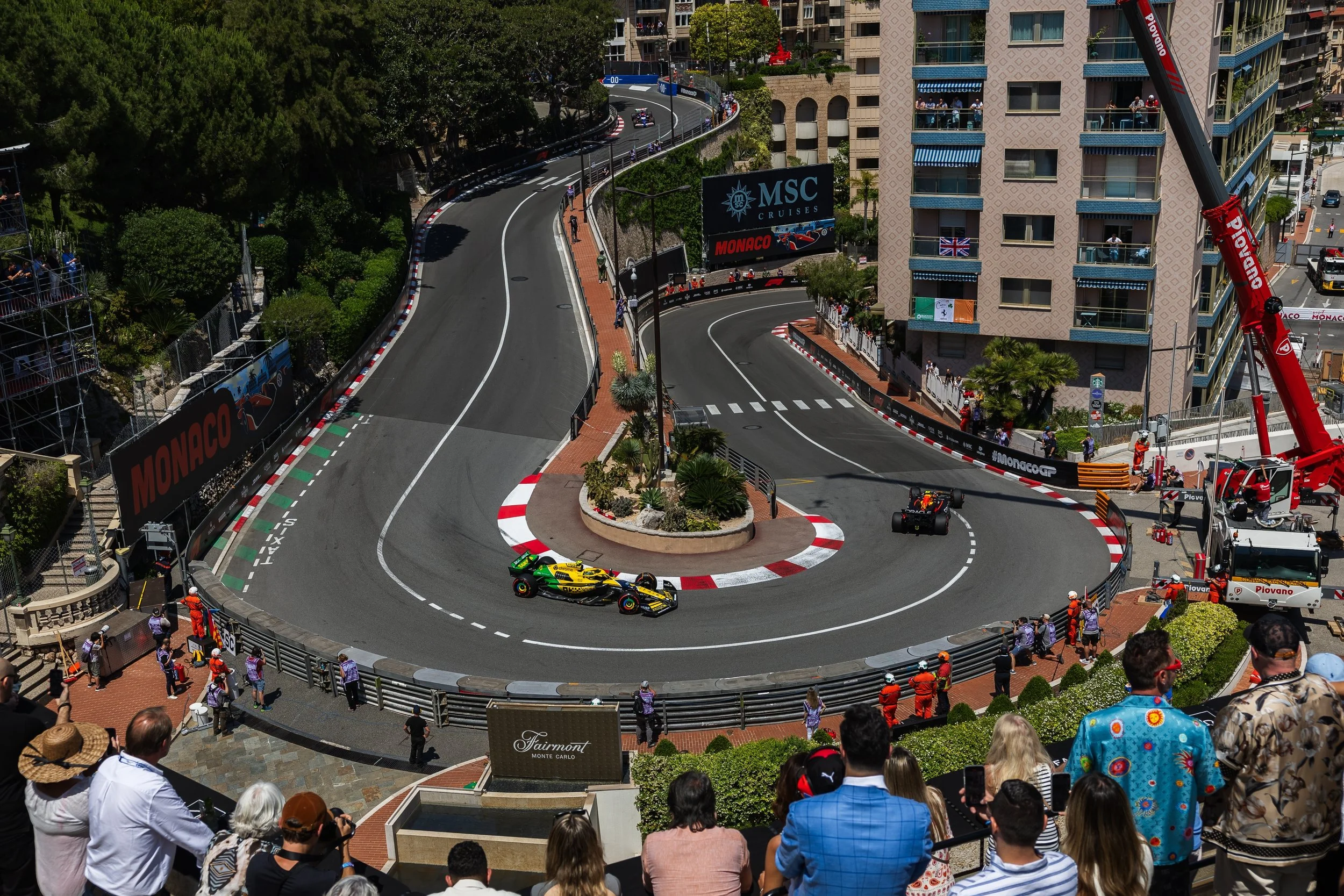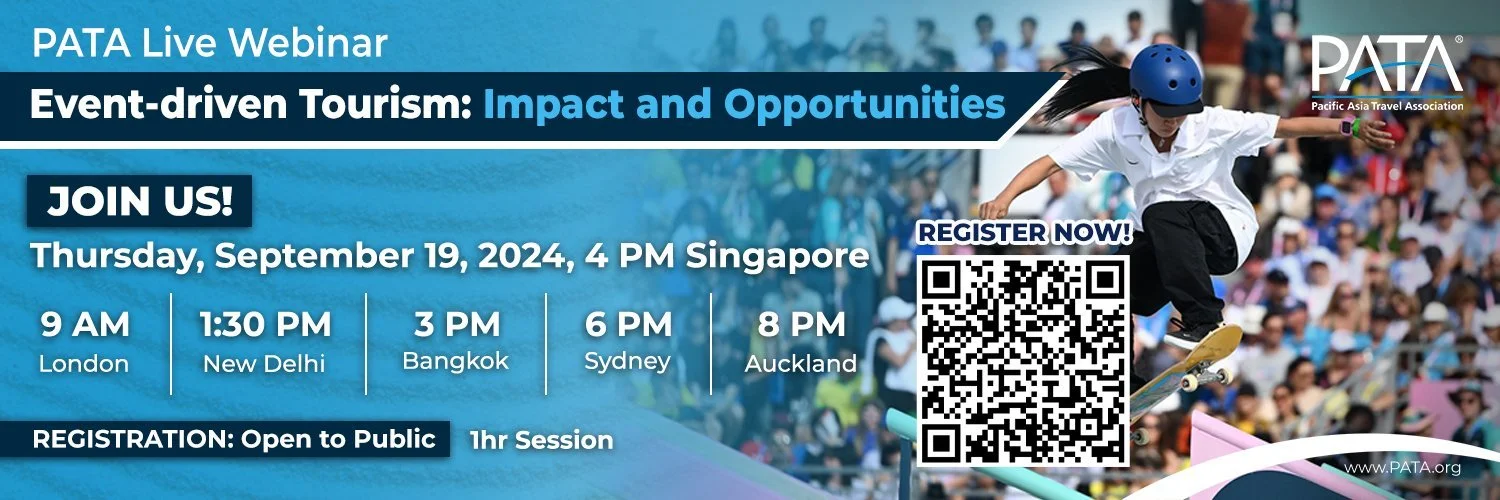3 Things You Need to Know About Events to Stay in the (Tourism) Game
This blog is associated with “PATA Issues and Trends (2H 2024): Event-driven Tourism in APAC: Impact and Opportunities”.
It is not far-fetched to say millions of people across the world are willing to travel the miles to get to world-famous pop stars’ concerts, cheer for their favourite sports team in action, or experience being part of national parades or traditional festivals firsthand. Events — specifically, the sensations of being part of events — seem to hold a special place in the hearts of travellers.
In fact, events and festivals are among the top three best-rated experiences for travellers in Asia Pacific destinations, right after outdoor activities and nature experiences, and just ahead of street food (MMGY TCI Research, 2024). With events being a driver for visitor arrivals that help strengthen destination appeal, it is no wonder they play a crucial role in tourism strategies.
So, what should destination management organisations keep in mind about events to stay ahead of the game? Drawing from PATA’s recent webinar on event-driven tourism, here are three key insights Asia Pacific destinations should know, featuring examples from both within and beyond the region!
1. Events can enhance destination reputation
The more your destination is associated with events, the stronger its reputation becomes. These celebrations and festivals can spark positive online conversations between travellers, significantly improving the destination's brand image.
According to MMGY TCI Research, from July 2023 to July 2024, the average reputation score for Asia Pacific travel was a satisfactory 42 out of 100. However, destinations linked to events see their score double, reaching an average of 85. Traditional celebrations like the Yi Peng Lantern Festival in Chiangmai, Thailand, and glamorous occasions such as the Dubai Shopping Festival, are prime examples of events that foster positivity and engagement.
💡 Interesting Fact: Events that engage the senses—through lights, sounds, flavours, and scenic venues—tend to receive significantly higher attendee ratings!
2. Three Keys to a successful event calendar
Source: EY
Crafting a yearly event calendar that resonates with all types of clientele, both local and international, hinges on three key principles: quality, diversity, and exclusivity! Take inspiration from Monaco, which has established itself as a premier event-driven travel destination despite its small size.
A vital part of Monaco’s strategy revolves around developing world-class infrastructure, including a sustainability-focused convention centre, high-end hotels, and unique venues that cater to diverse audiences. This combination consistently attracts visitors and bolsters Monaco's reputation for hosting exclusive, high-quality events.
3. Benefits of hosting a world-class event
By hosting world-class events, a destination not only enhances its glamorous image but also fosters sustainable economic growth. These events help ensure substantial revenue, create jobs, and provide long-term opportunities.
For instance, the Ernst & Young (EY) World Entrepreneur of the Year award, held annually in Monaco, elevates the destination's reputation as a prestigious stage that celebrates and honours leading entrepreneurs worldwide. Other annually held events like the Aesthetic & Anti-Aging Medicine World Congress and the Monaco Formula One Grand Prix also made substantial contributions to the local economy. These high-profile gatherings showcase the unique charm of Monaco while driving positive economic outcomes.
Important points to stay vigilant about:
It is essential to stay alert to factors that could damage the reputation of Asia Pacific destinations when it comes to events and festivals, such as travel frictions like delayed flights or traffic jams, and climate change risks leading to natural disasters or the events themselves causing environmental harm.
Additionally, selecting events that align with the destination’s strengths is key. Smaller destinations should focus on maximising their existing resources to offer distinctive, appealing experiences. Putting efforts into developing already existing small to mid-sized events is recommended as opposed to simply replicating large-scale models, which might not resonate with local communities and could face pushback.
Events and festivals are vital for enhancing the reputation of Asia Pacific destinations. As the tourism landscape evolves, proactively addressing potential challenges and embracing innovative strategies will be essential for long-term success in the tourism game.
Check out “PATA Issues and Trends (2H 2024): Event-driven Tourism in APAC: Impact and Opportunities” to see how discussions about events feature in overall travel conversations, the nature of these discussions, common themes that emerge, and the sentiment surrounding event experiences.
.
This blog is inspired by a recent PATA - MMGY TCI Research Webinar “Event-driven Tourism: Impact and Opportunities”. We sincerely thank the speakers who shared their expertise and experiences regarding this topic on the webinar:
Olivier Henry-Biabaud, Partner and Managing Director, MMGY TCI Research
Benoit Badufle, Managing Director, Horus Development & Consulting Pte Ltd.
PATA Members, access the full webinar recording at the PATA Info Hub.
Become a PATA Member to enjoy complimentary access to the recording and gain insights from industry experts on various facets of tourism! Contact PATA Membership Department at memberteam@pata.org






